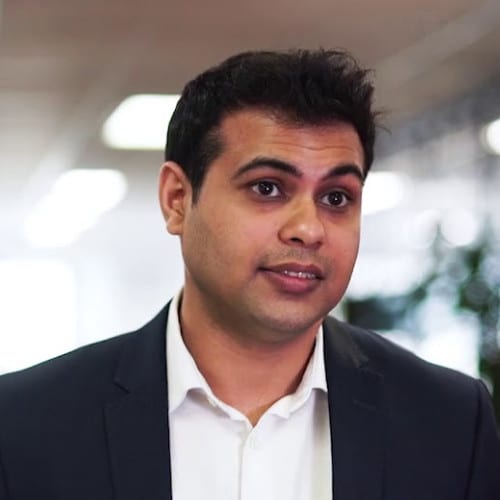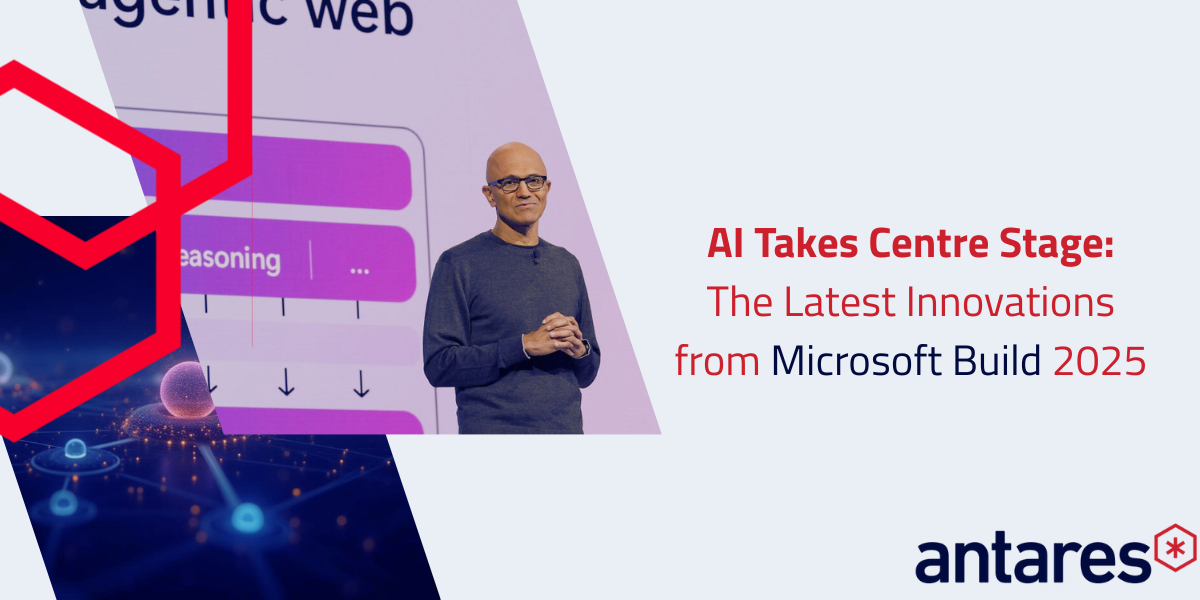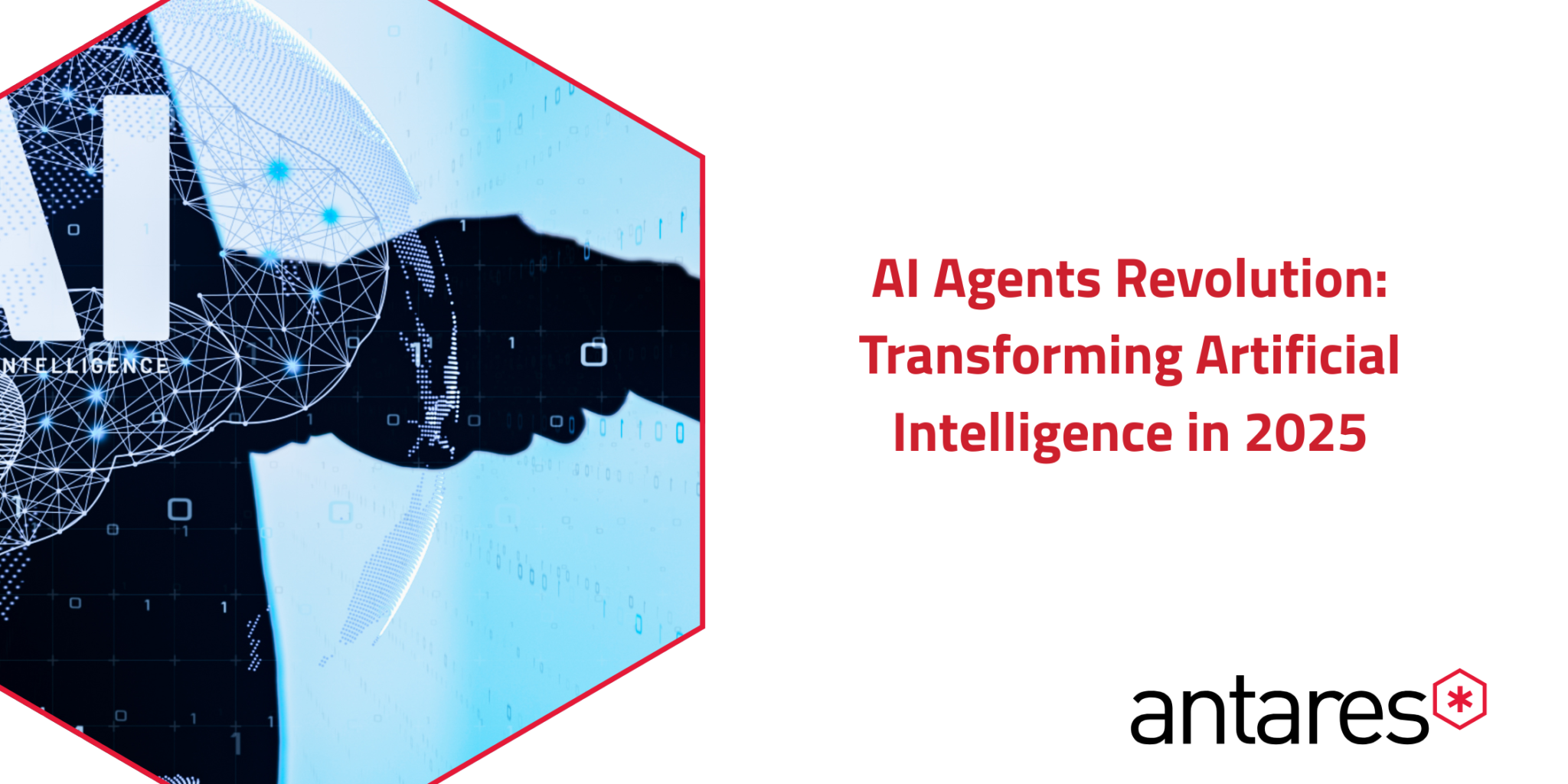
Industry Insights
Nothing has Changed. But Everything is Changing.

Sulabh Jain
Head of Product
April 22nd, 2021
Never mind the pandemic and forget about Brexit. The prospects for higher education in the UK may seem under threat due to one or the other, or both. The truth is significant change was already encroaching and will continue to advance. Be careful not to react to the most recent phenomenon at the expense of missing a larger but less obvious groundswell. Recent events have brought into focus the need to survey the higher education landscape, which is a good thing. Before changing direction, based on recent events, take a longer-term view, which builds from the bedrock.
A typical short-term reaction to the disruption wrought by the pandemic in higher education is to apply a technology solution. It’s an approach based on uploading recordings and learning materials to a portal as a kind of remote learning solution. This limits face-to-face contact but comes with a considerable impost for your IT department, academic staff and the students. When the IT infrastructure starts to buckle under the demand (as it will) another point solution is added. Let’s consider a different approach, one built not on infrastructure requirements but on the essence of what it means to be a university.
The very definition of University derives from the Latin, universitas magistrorum et scholarium, which translates roughly as a "community of teachers and scholars". This is the bedrock from which any survey should commence. It is the community and collaboration of teachers and scholars that defines the essence of the university and the quality of that experience, which defines the value. Spoiler alert – the secret is to focus on the experience; often denoted as X, as in UX – user experience.
It is the community and collaboration of teachers and scholars that defines the essence of the university and the quality of that experience, which defines the value.
To many this kind of experience is difficult to imagine but it is already a reality. Antares Solutions calls it the adaptive learning eXperience or (aleX) for those on first name terms. The experience is informed by capturing the data generated by the vibrant community of teachers and scholars. Behind the scenes artificial intelligence and Machine Learning analyse the data to build an informed picture of the preferences and requirements of the individual. Not long ago, achieving this level of personalisation would be incredible.
An informed experience frees teachers to explore better ways to teach or new ideas to share knowledge, while an intelligent bot can field queries and provide approved answers based on a dynamic store. Predictive analysis means that early alerts may be generated based on behaviours and nuances (literal) not simply confined to examination of pass rates. These insights equip teachers with far greater capacity to identify where their attention is best directed.
A detached (AI driven) examination of academic performance, activity in discussion groups and a propensity to offer appropriate guidance to others may reveal a particular student as well equipped and inclined to lead a study group. Equally, the examination of data may highlight an otherwise imperceptible decline in engagement in another student, which could be resolved by an early intervention. It is impossible for even the most diligent faculty to provide this level of attention to the individual. Increasingly, the student-as-consumer expects this level of personalisation.
Antares Solutions has developed environments where the practical application of insights gleaned through community activity led to amazing increases in student engagement, reported as being a 900% increase over traditional delivery. This level of engagement does wonders for retention and completion rates and will be a significant factor in attracting new students to join such an engaged and collaborative community experience.
Now that we have you thinking about the possibilities of striving to enhance the experience of the community, let’s return to consider some of the factors other than the pandemic, which may play a significant role in the future of higher education in the UK and beyond.
A matter of days before the world’s media was consumed by Covid 19, the World Economic Forum released a report outlining their view of the four greatest challenges to the higher education model.
- The need to adapt to a life-long learning model
- The student-consumer mentality
- Emerging technologies and business models (including subscription)
- A skills over degrees model
Let’s briefly consider these. The life-long learning model holds that a one time learning experience (such as a degree course) is no longer sufficient to equip modern information workers in a time of rapid change across business and technology. It refers to ongoing studies to augment knowledge and equip the lifelong learner with new skills. Coincidentally, this sounds very similar to the government’s Lifetime Skills Guarantee, in which the press release refers to giving adults the chance to take free college courses “valued by employers.”
There is no doubt about the student-consumer mentality, a reference to so-called digital native students who consider themselves as customers of the university whose business it is to serve up education in a manner to which they are accustomed. The attitude is not quite so churlish, but the expectation is real—services are presented, delivered and consumed in a manner that suits the customer—especially when that customer is paying “full retail for the product”.
Emerging technologies and business models offer much potential where integrated as part of the overall learning experience. We have provided only the barest of introductions to the level of insight and personalisation enabled by the aleX adaptive learning experience but suggest the potential is vast.
The skills over degrees model is related in parts to the lifelong-learning approach – the emphasis is placed on currency of skills and their practical application in today’s marketplace rather than attaining a degree. There is already some movement in this regard in the marketplace. Google, Penguin-Random House and EY are just a few of the employers who no longer insist on a four-year degree from any jobseeker. Other notable firms with a similar attitude include Hilton, Apple and IBM. Capturing and distributing knowledge based on a customisable set of set of requirements is at the core of solutions such as aleX. The level of customisation is designed to serve the community but can equally support commercial and packaging requirements.
Change is continuous. Recent events didn’t initiate the need for change but have increased the pace. As in the past, those who are best equipped to adapt to the changing environment will survive. In the adaptive learning experience, knowledge is the core of the community and it is shared freely in the best way to suit the unique needs of every individual, teacher and scholar. The adaptive learning eXperience uses the community’s own needs, habits and behaviours to free every teacher and scholar to achieve their fullest potential.


